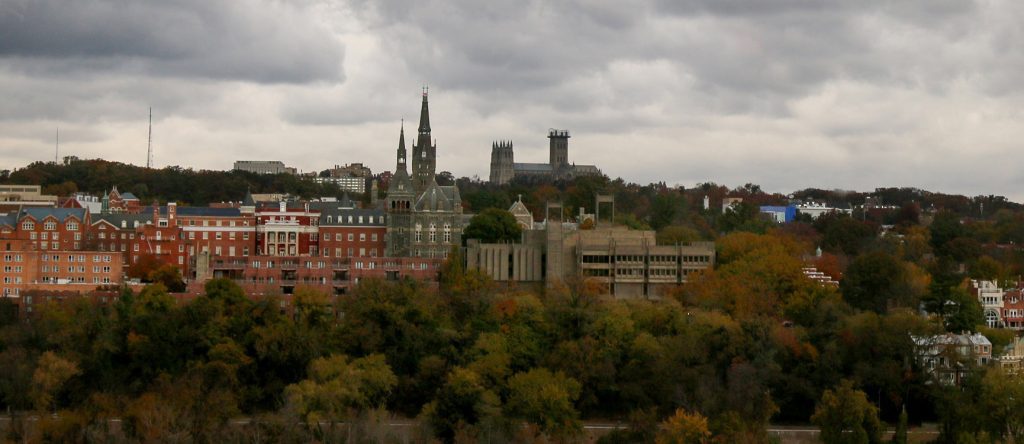Washington, D.C. is one of the most transient metropolitan areas in the world. People not only move into and out of the District. They also move between D.C. and Maryland and Virginia. There are distinct differences between filing bankruptcy in DC, Maryland and Virginia. So where should I file bankruptcy?

Jurisdiction is usually based on residency
Where you live can actually be a tricky question in some cases. But most people have a primary residence, and your bankruptcy jurisdiction will be based on your state of residence. In some cases, we may have the option of filing in the location of your largest asset, regardless of residency. In most cases, however, where you live determines where you file.
To establish residency for bankruptcy purposes, you must physically live where you file. You must have a driver’s license in your jurisdiction. Having a lease and setting up utilities are strong indicators of residency. Finally, you must live in your residence for three months and one day, or the greater part of the last six months.
Maryland allows higher incomes to file Chapter 7
The means test prevents many people from filing for Chapter 7 bankruptcy. But single filers in Maryland consistently make 15% to 20% more than filers in either the District of Columbia or Virginia. This allows more people in Maryland to file for Chapter 7 protection.
As of September 2016, for instance, the median income for a household size of one in D.C. was $51,907 and in Virginia $56,456. Single filers in Maryland, on the other hand, made $63,401. So more people qualify for Chapter 7 in Maryland, albeit also a more expensive jurisdiction in which to live.
District of Columbia allows both state and federal exemptions
Maryland and Virginia are both “opt out” exemption states, so you must use the state exemptions. In the District of Columbia, you can use either the D.C. or the federal exemptions. The homestead law (which protects home equity) in D.C. is one of the strongest in the country and protects the entire amount of equity in a primary residence. The homestead exemptions in Virginia and Maryland protect only meager amounts of home equity.
Under certain circumstances, the federal exemptions are superior to the state exemptions. In those cases, consider taking up residency in D.C. in order to protect your property from Chapter 7 liquidation.
Talk to an attorney first
Do not change your primary residence simply because you think you’ll have better chances in bankruptcy. Talk to an attorney first. If you are concerned about exemption laws, or about protecting your home, your cars, your savings or other property, give us a call.
If you find yourself asking, “Where Should I File Bankruptcy?” then your next thought should be scheduling a consultation with a local bankruptcy attorney.
